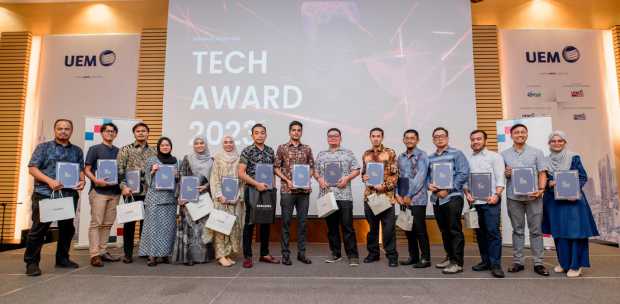LETTERS: Illicit trade poses a formidable obstacle to Malaysia's quest to become a high-income nation.
For instance, Euromonitor International in 2020 ranked Malaysia number 1 globally in black market tobacco prevalence. Malaysia is among the top 10 countries in the global illicit wildlife trade.
Inconsistent compliance with regulations suggest a gap in enforcement. Stricter enforcement of laws by government agencies is imperative.
Ensuring effective and holistic enforcement requires a multifaceted approach by bolstering the resources and capabilities of agencies, increased training opportunities, supporting the participation of rights holders in enforcement activities and enabling more effective raids and seizures to disrupt illicit supply chains.
Next, a comprehensive understanding of consumer motivations is crucial, encompassing financial, cultural, emotional, medicinal, recreational, social, entertainment and reputational factors.
A key strategy involves initiating impactful communication campaigns, starting with educational efforts in schools to raise awareness among children about illicit products and trade.
A transparent monitoring and reporting system, spanning physical and online markets, is essential for evidence-based policymaking and the formulation of effective implementation plans.
Malaysia's journey towards a high-income future demands a robust, interconnected ecosystem. Strong property rights foster an environment for the seeds of innovation to thrive.
A secure legal framework that upholds property rights not only attracts local and foreign investors but also catalyses the development of intellectual property and technology-driven industries.
Additionally, a comprehensive analysis of the trade barriers index becomes crucial, as it directly impacts the flow of foreign research and development investments.
Thus, by identifying and dismantling unnecessary trade barriers, Malaysia can attract more foreign capital, fostering a collaborative environment that accelerates economic growth and technological advancement.
BENEDICT WEERASENA,
Research Director, ABEL BENJAMIN LIM, Head of Sustainability Impact, Bait AL Amanah, Kuala Lumpur
The views expressed in this article are the author's own and do not necessarily reflect those of the New Straits Times





